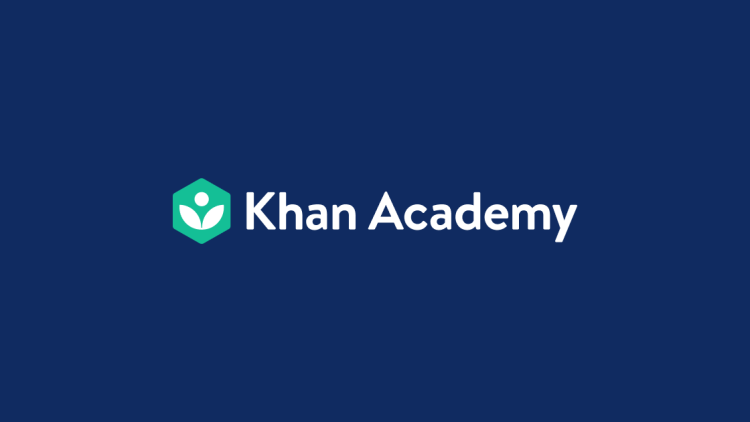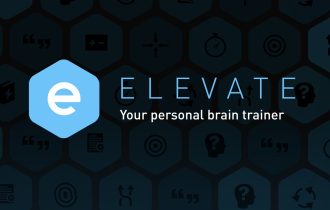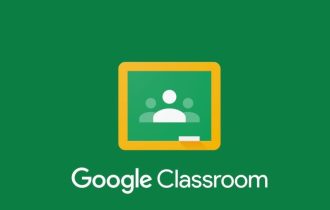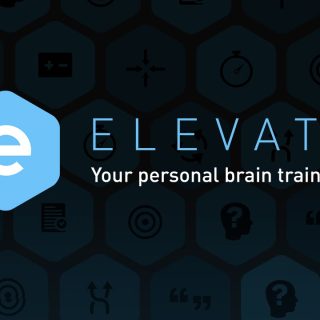Khan Academy: Empowering Education Through Online Learning
Introduction
In the digital age, the landscape of education is undergoing a transformative shift, with online platforms playing a pivotal role in shaping the future of learning. Among these platforms, Khan Academy stands out as a beacon of accessible, high-quality education. Founded in 2008 by educator Salman Khan, Khan Academy has revolutionized the way students learn, providing a vast array of free educational resources to learners worldwide. This comprehensive exploration delves deep into Khan Academy’s development history, its user experience, target demographics, pricing models, and the diverse subjects it covers. With a commitment to providing a world-class education for anyone, anywhere, Khan Academy has become a symbol of equitable learning and global educational empowerment.
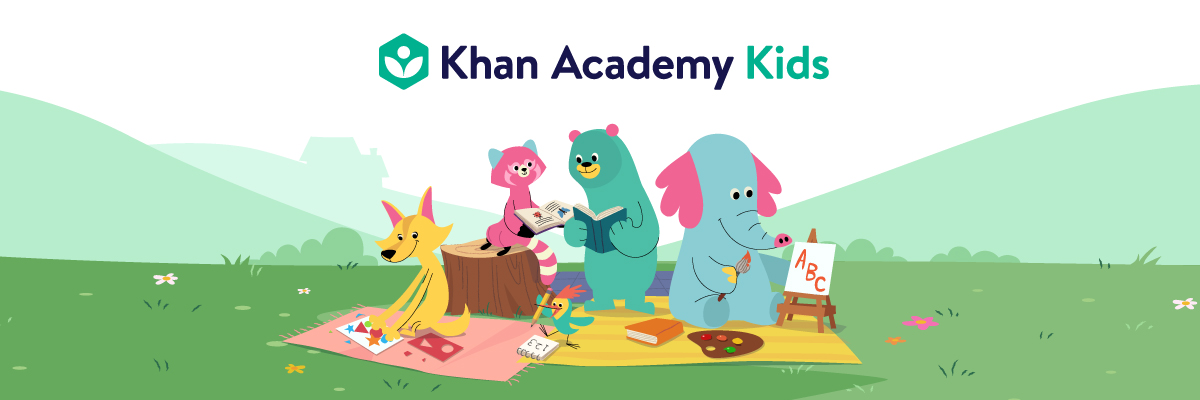
I. Development History
Khan Academy’s origins trace back to 2004 when Salman Khan began tutoring his cousin remotely in mathematics. Recognizing the potential of online videos as an educational tool, Khan started creating tutorials and uploading them to YouTube in 2006. In 2008, he formalized his efforts by establishing Khan Academy as a non-profit organization. Since then, Khan Academy has grown exponentially, expanding its content to cover a wide range of subjects beyond mathematics. Through strategic partnerships, continuous innovation, and a dedicated team of educators, Khan Academy has become one of the world’s most renowned online learning platforms.
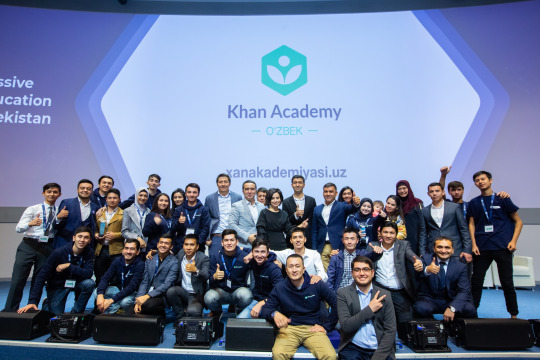
II. How to Use Khan Academy
Khan Academy’s user-friendly interface and structured approach to learning make it accessible to users of all ages and educational backgrounds:
- Account Creation: Users can create personalized accounts, allowing them to track their progress, save their favorite lessons, and receive tailored recommendations.
- Subject Selection: Khan Academy offers a diverse array of subjects, including mathematics, science, economics, history, programming, and more. Users can select the subject they want to explore.
- Topic Exploration: Each subject is divided into topics and subtopics, providing a structured learning path. Users can navigate through these topics, choosing the specific area they want to study.
- Interactive Lessons: Khan Academy offers instructional videos, practice exercises, quizzes, and assessments. Users can watch videos, complete exercises, and receive instant feedback on their performance.
- Progress Tracking: Users can monitor their progress through detailed dashboards, allowing them to see which concepts they have mastered and identify areas that need further practice.
- Personalized Learning: Khan Academy uses adaptive learning algorithms to tailor lessons to individual learners. The platform adapts to users’ strengths and weaknesses, providing customized recommendations to enhance their learning experience.
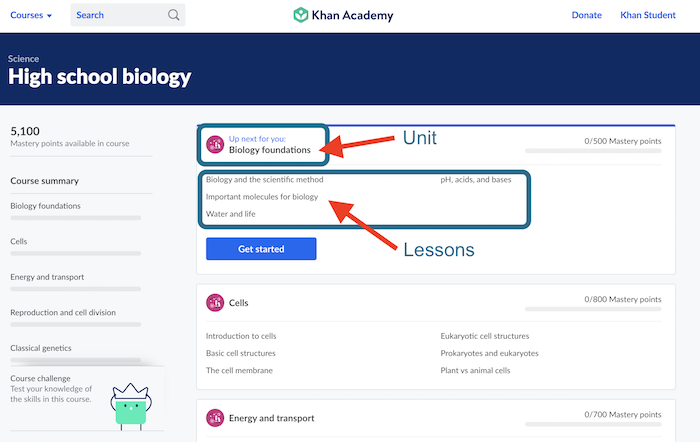
III. Target Demographics
Khan Academy caters to a diverse audience, making it suitable for:
- Students: Khan Academy serves as a valuable supplementary resource for students of all grade levels, offering support with homework, exam preparation, and concept reinforcement.
- Educators: Teachers can use Khan Academy as a teaching tool, incorporating videos and exercises into their lessons to enhance classroom learning.
- Parents: Parents can use Khan Academy to assist their children with homework, monitor their progress, and engage in their education actively.
- Adult Learners: Khan Academy provides resources for adult learners seeking to expand their knowledge in various subjects, acquire new skills, or prepare for further education or career advancement.
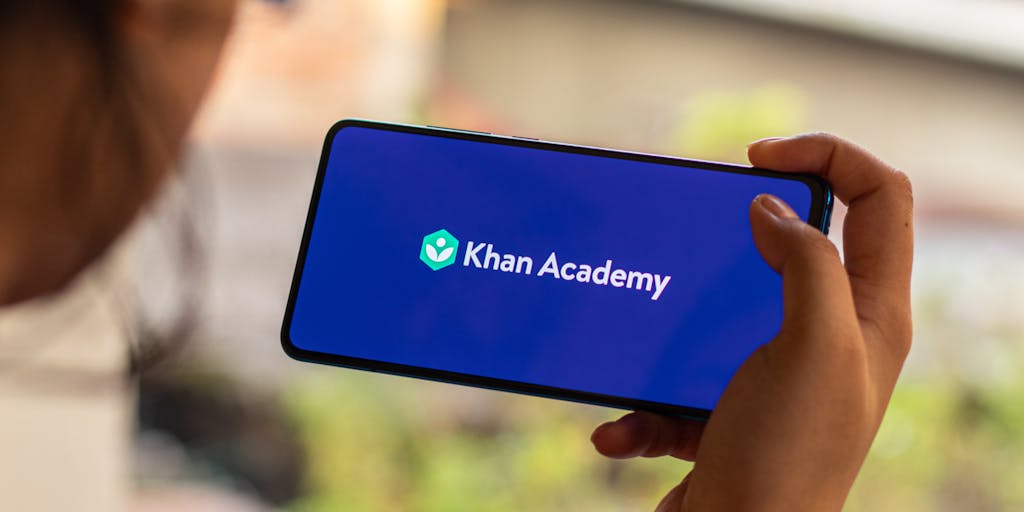
IV. Pricing Models
One of Khan Academy’s defining features is its commitment to providing free, high-quality education to anyone, anywhere. The platform operates entirely on a non-profit model, relying on donations and grants to sustain its operations. As a result, all of Khan Academy’s core content, including instructional videos, practice exercises, and assessments, is accessible to users without any cost. This commitment to free education ensures that learners worldwide can access quality educational resources without financial barriers.

V. Subjects Available
Khan Academy covers a wide array of subjects, ranging from core academic disciplines to specialized topics. Some of the key subjects offered include, but are not limited to:
- Mathematics: Arithmetic, algebra, geometry, trigonometry, calculus, and more.
- Science: Biology, chemistry, physics, environmental science, astronomy, and engineering.
- Economics and Finance: Microeconomics, macroeconomics, finance, and entrepreneurship.
- Humanities: History, art history, grammar, and storytelling.
- Computing: Computer programming, computer science, and algorithms.
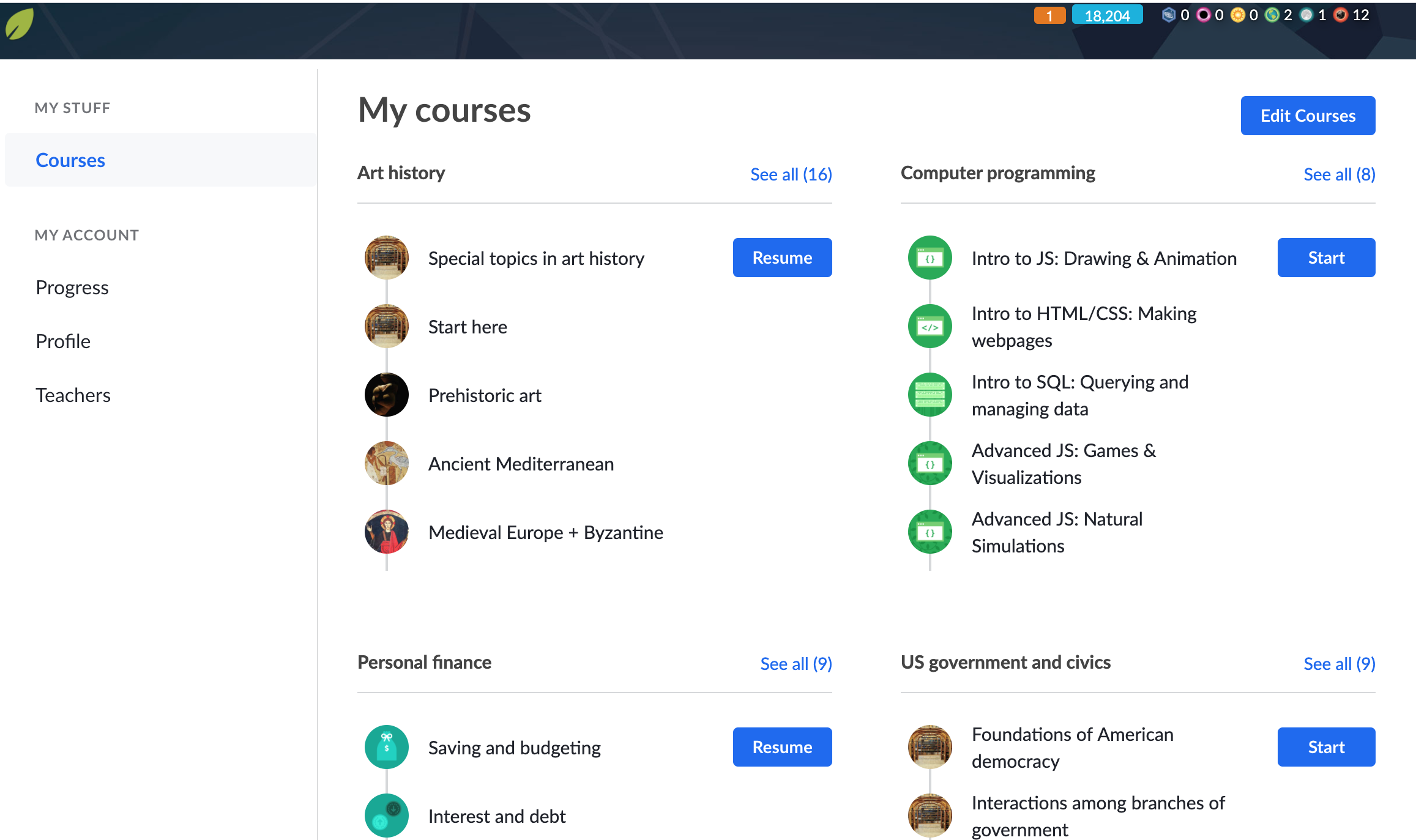
VI. Impact and Future Outlook
Khan Academy’s impact on education is immeasurable. By providing high-quality educational resources free of charge, Khan Academy has democratized learning, breaking down barriers to education and empowering millions of learners worldwide. Its adaptive learning approach ensures that students receive personalized instruction, catering to their individual needs and learning styles. Looking ahead, Khan Academy continues to expand its content offerings, embracing emerging technologies such as augmented reality and artificial intelligence to enhance the learning experience further. Through strategic partnerships with schools, governments, and organizations, Khan Academy aims to reach even more learners, fostering a global community of educated individuals prepared to meet the challenges of the future.
Conclusion
Khan Academy stands as a testament to the transformative power of online education. By providing free, high-quality educational resources to learners worldwide, Khan Academy has become a cornerstone of modern learning. Its innovative approach, user-friendly interface, and commitment to accessibility have made it a beloved platform for students, educators, and lifelong learners. As it continues to evolve and expand its offerings, Khan Academy remains at the forefront of the educational revolution, ensuring that education is not just a privilege for the few but a fundamental right for all. Through Khan Academy, the world becomes a classroom without borders, where knowledge knows no limits, and everyone has the opportunity to unlock their full potential.

